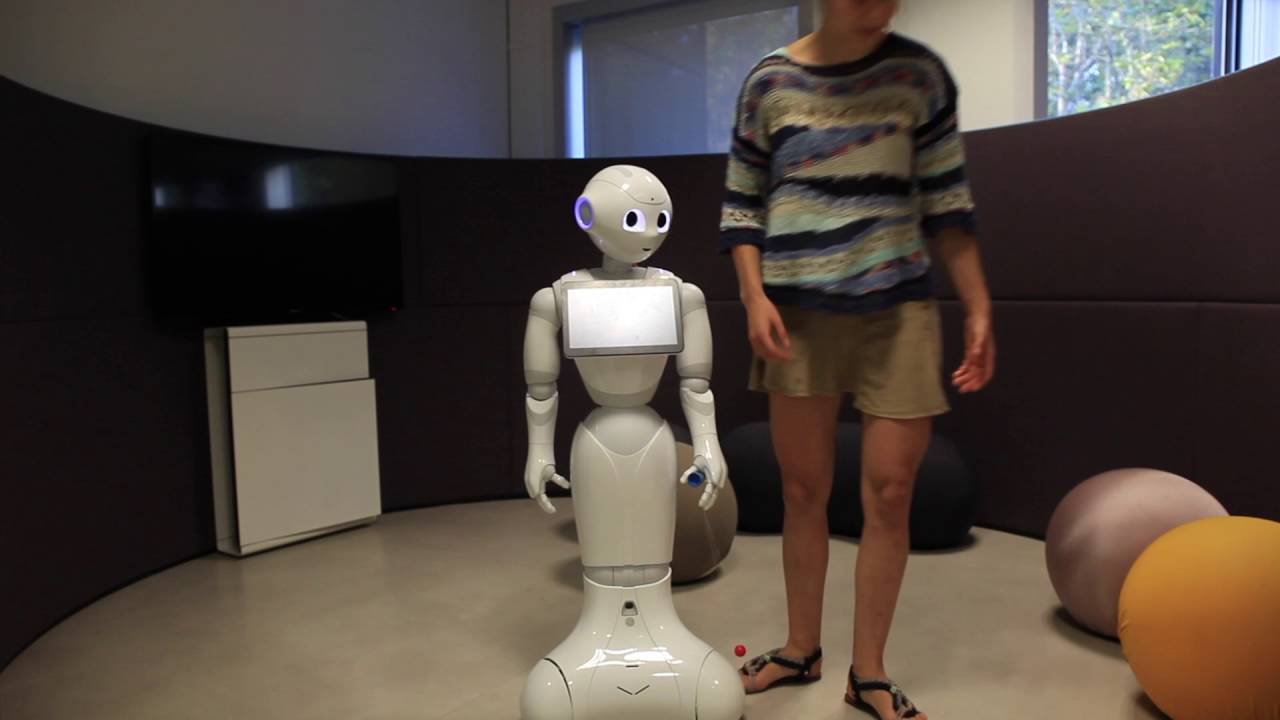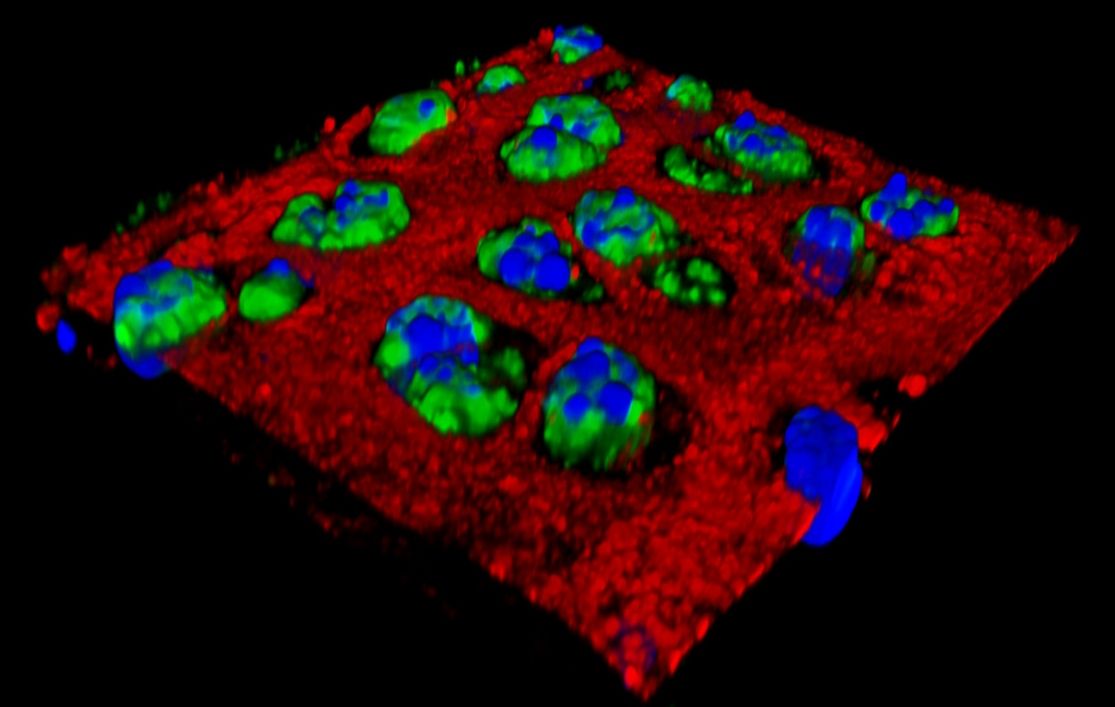A Primer for Deterministic Thermodynamics and Cryodynamics
Dedicated to the Founder of Synergetics, Hermann Haken
Otto E. Rossler, Frank Kuske, Dieter Fröhlich, Hans H. Diebner, Thimo Bo¨ hl, Demetris T. Christopoulos, Christophe Letellier
Abstract The basic laws of deterministic many-body systems are summarized in the footsteps of the deterministic approach pioneered by Yakov Sinai. Two fundamental cases, repulsive and attractive, are distinguished. To facilitate comparison, long-range potentials are assumed both in the repulsive case and in the new attractive case. In Part I, thermodynamics – including the thermodynamics of irreversible processes along with chemical and biological evolution – is presented without paying special attention to the ad hoc constraint of long-range repulsion.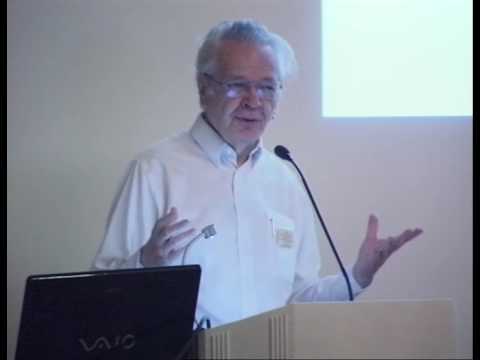 In Part II, the recently established new fundamental discipline of cryodynamics, based on long-range attraction, is described in a parallel format. In Part III finally, the combination (“dilute hot-plasma dynamics”) is described as a composite third sister discipline with its still largely unknown properties. The latter include the prediction of a paradoxical “double-temperature equilibrium” or at least quasi-equilibrium existing which has a promising technological application in the proposed interactive local control of hot-plasma fusion reactors. The discussion section puts everything into a larger perspective which even touches on cosmology.
In Part II, the recently established new fundamental discipline of cryodynamics, based on long-range attraction, is described in a parallel format. In Part III finally, the combination (“dilute hot-plasma dynamics”) is described as a composite third sister discipline with its still largely unknown properties. The latter include the prediction of a paradoxical “double-temperature equilibrium” or at least quasi-equilibrium existing which has a promising technological application in the proposed interactive local control of hot-plasma fusion reactors. The discussion section puts everything into a larger perspective which even touches on cosmology.
Keywords: Sinai gas, chaos theory, heat death, dissipative structures, second arrow, Point Omega, Super Life, paradoxical cooling, antifriction, paradoxical acceleration, Sonnleitner numerical instability, dilute-plasma paradigm, two-temperature equilibrium, ITER, MHD, interactive plasma cooling, McGuire reactor, Hubble law, Zwicky rehabilitated, Perlmutter-Schmidt-Riess wiggle, mean cosmic temperature, van Helmont, Lavoisier, Kant, Poincaré, double-faced Sonnleitner map. (August 26, 2016)
Continue reading “A Primer for Deterministic Thermodynamics and Cryodynamics” »


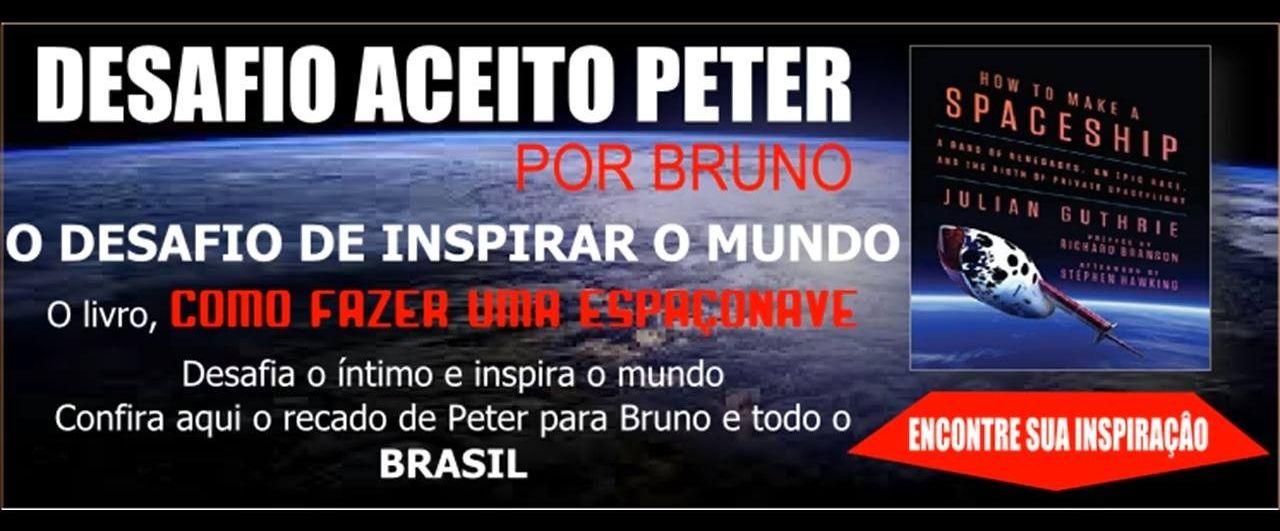
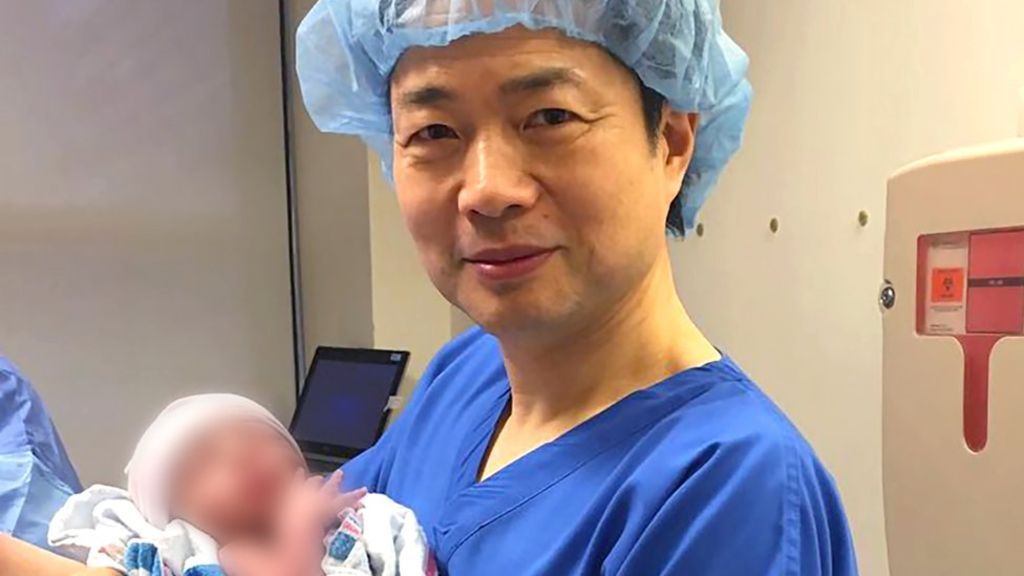
 In Part II, the recently established new fundamental discipline of cryodynamics, based on long-range attraction, is described in a parallel format. In Part III finally, the combination (“dilute hot-plasma dynamics”) is described as a composite third sister discipline with its still largely unknown properties. The latter include the prediction of a paradoxical “double-temperature equilibrium” or at least quasi-equilibrium existing which has a promising technological application in the proposed interactive local control of hot-plasma fusion reactors. The discussion section puts everything into a larger perspective which even touches on cosmology.
In Part II, the recently established new fundamental discipline of cryodynamics, based on long-range attraction, is described in a parallel format. In Part III finally, the combination (“dilute hot-plasma dynamics”) is described as a composite third sister discipline with its still largely unknown properties. The latter include the prediction of a paradoxical “double-temperature equilibrium” or at least quasi-equilibrium existing which has a promising technological application in the proposed interactive local control of hot-plasma fusion reactors. The discussion section puts everything into a larger perspective which even touches on cosmology.
